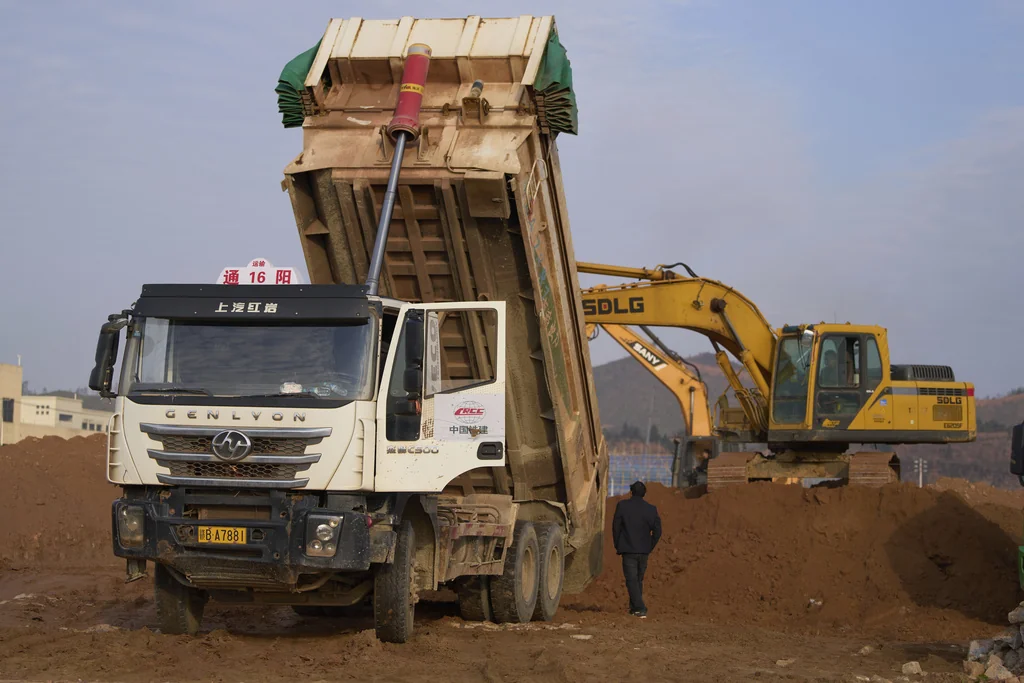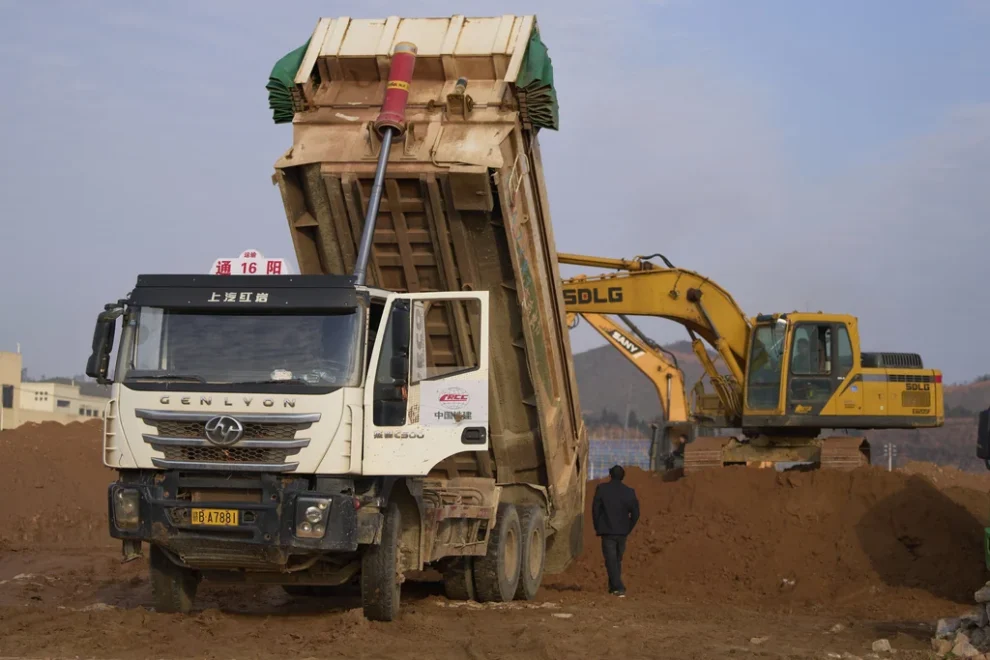China controls over 80% of critical materials used in batteries essential for United States defense technologies, a new report revealed on Monday.
A report from the Foundation for the Defense of Democracies, “Unplugging Beijing,” outlined how China obtained a stranglehold over all aspects of the battery supply chain. Aside from the economic issues this caused, China’s dominance of the supply chain is argued to pose a dire threat to national security due to batteries’ essential use in drones, handheld radios, autonomous submersibles, lasers, and directed energy weapons.

Through a variety of predatory means, the report claimed, Beijing was able to seize control of upstream mining of minerals including lithium, cobalt, nickel, copper, manganese, and graphite; the midstream construction of cathodes, anodes, and similar components; and the downstream assembly of batteries for cars, drones, electronics, military applications, and grid backup.
China was able to do this by weaponizing capitalism against free-market economies, the report claimed, and adopt a “parasitic” economic model.
“Beijing leverages a wide range of non-market practices to dominate supply chains, create resource dependencies, undermine foreign rivals, concentrate economic power, and destabilize emerging economies. This strategy is fundamentally parasitic, relying on the readiness of others to play by the rules even as China breaks them,” the report read.
This “parasitic” strategy includes price manipulation, subsidies, export dumping, intellectual property, theft, knowledge transfers, monopolies, and aggressive vertical integration.
China recognized the importance of critical minerals used in defense technologies early on, investing $57 billion into mining and processing projects in Africa, Latin America, and elsewhere beginning two decades ago. Through its heavy investment in poor but mineral-rich countries such as the Democratic Republic of the Congo, primarily through the Belt and Road Initiative, China could take control of mining and production operations across the supply chain.
The strategy has reaped dividends: China now produces 65% of the world’s lithium, over 85% of its battery-grade cobalt, 95% of its battery-grade graphite, 85% of its lithium-based anodes, 70% of its cathodes, 90% of its cathodes’ materials, and 97% of its anodes’ materials.
The Foundation for the Defense of Democracies report laid out various strategies to combat China’s domination of the critical supply chain, including diversifying essential lines of supply to “unleash a wave of cooperation among free-market nations that will lift both established allies and emerging market partners and turn the tide against China’s parasitic economic model.”
GERMANY ADMITS EUROPEANS WERE ‘FREE RIDERS’ ON DEFENSE AND NATIONAL SECURITY
“It is time for new guardrails, muscular statecraft, and a unified international response to non-market manipulation. Building critical supply chains that are independent of China’s coercive economic practices can help unleash a wave of cooperation among free-market nations that will lift both established allies and emerging market partners and turn the tide against China’s parasitic economic model,” the report concluded.
Recognizing national security vulnerabilities through China’s supply chain dominance has driven President Donald Trump’s initiative to strike deals with countries such as Ukraine and the DRC to acquire a share of their critical minerals. The effort has buoyed U.S.-led peace efforts between the DRC and Rwanda, the latter sending armed forces into the country to acquire some of its vital minerals.
























